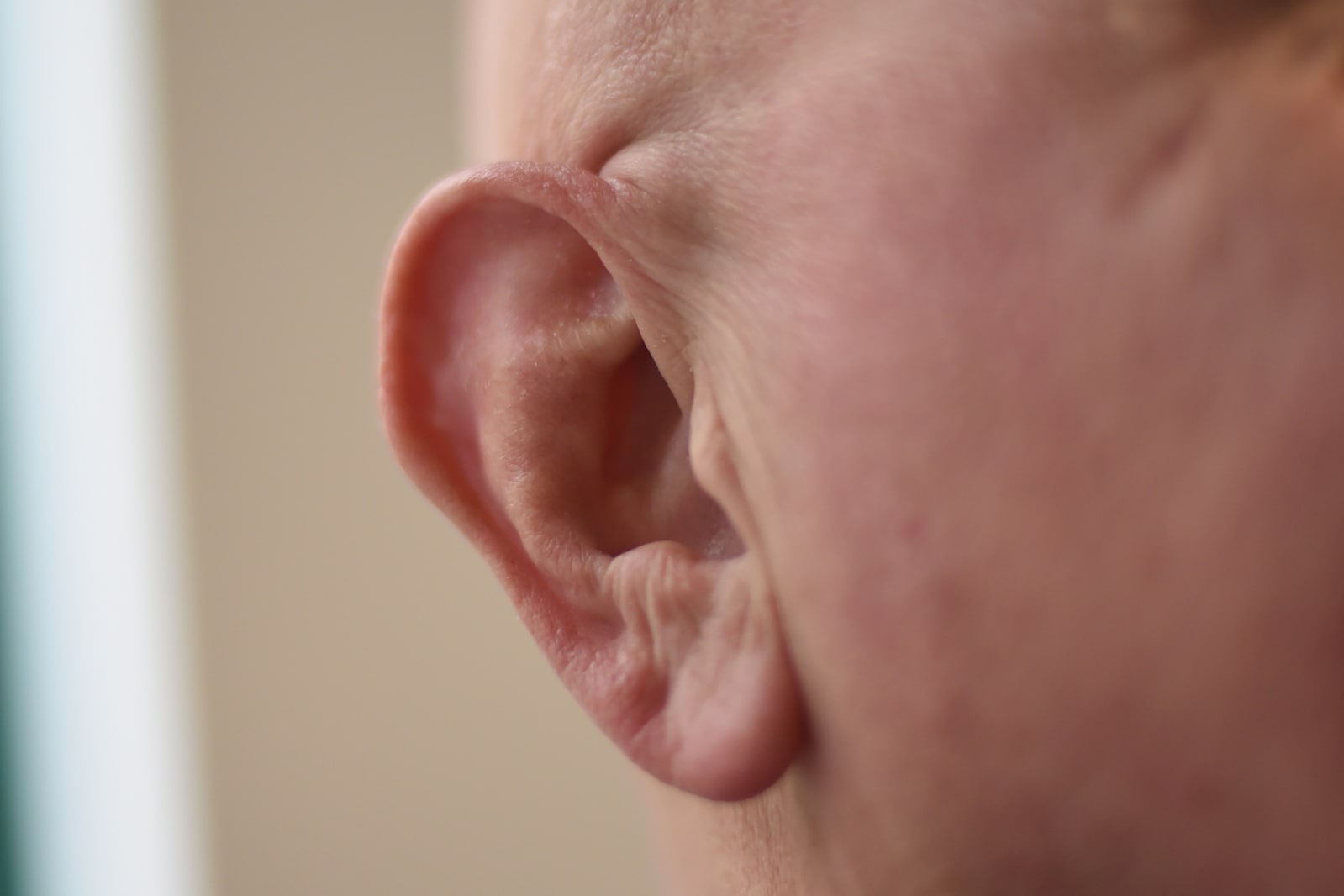
Earlier this week, the internet erupted around a new obsession tailor-made to go viral. It started with a one-word snippet of recorded audio that had actually been circling the web for awhile, but unclear pronunciation made it an aural Rorschach. The question 'Do you hear 'laurel' or 'yanny?'' rallied everyone to pick a side. But why do stories like this, reminiscent of the great dress color debacle of 2015, captivate the internet?
The recording that first circulated around Reddit and later Twitter turned out to be a distorted version of an audio pronunciation of the word "laurel" on Vocabulary.com. Per Wired, however, the story starts at a high school in Georgia where a student found the odd vocalization and passed it around to her friends, who were split on whether the clip said "laurel' or 'yanny.' Linguists and speech academics were quickly reached to explain the maddening disparity: Essentially, folks with ears tuned to hear lower frequencies pick out 'laurel,' while those trained for higher ones hear 'yanny.' Plus, the low-quality recording and variety in headphone or speaker quality warps the audio even further for each listener.
The laurel/yanni debate went viral for a reason: It asked an innocuous question that prompted inexplicable answers. Sure, we guessed it had something to do with subtle differences in sensory capability, which eventually explained why people saw 'the dress' differently. But for a moment, discovering there was no observable rhyme or reason to why you heard something that a sizeable chunk of the internet didn't was unsettling. It had the same thrilling appeal as forum copypasta, but offered another dilemma to an outrage-primed audience that gets riled up by debates as dumb as 'is a hot dog a sandwich.'
And while the divide was more compelling as unexplainable witchcraft -- it first went viral on the subreddit r/blackmagicfuckery, a forum for natural phenomena -- even with science-assisted clarity, it's still fascinating to see which side you land on. The different things we hear reminds us that our world, and ourselves, are far more unknown than we think. And just like rabidly binging a true crime podcast or following a Twitter meltdown, the rise of laurel-vs-yanni was a ride from wild start to its logically-explained conclusions.
The internet will always birth new viral content, but most (remember Pen-Apple-Pineapple Pen?) are just media flotsam to enjoy and forget about. Laurelmania is the rare interactive mystery that also serves as a litmus to divide the angry internet against itself. And once in awhile, it's a relief to get absurdly furious about something that doesn't matter while the world continues to burn.